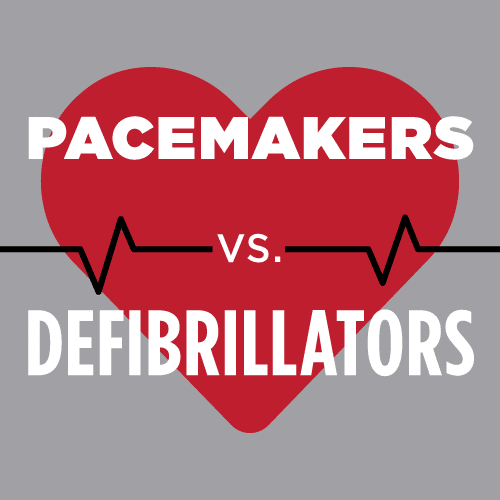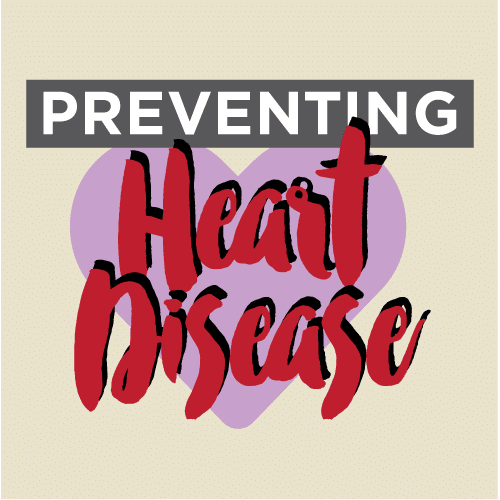When should I seek an urgent care facility?
Sometimes, conditions or problems may develop that don’t require the need for an emergency room visit. However, these concerns may not be able to wait for a later appointment at the primary care physician’s office. In situations such as this, many Arizona patients may consider the benefits of an urgent care facility that offers assistance […]
When should I seek an urgent care facility? Read More »










